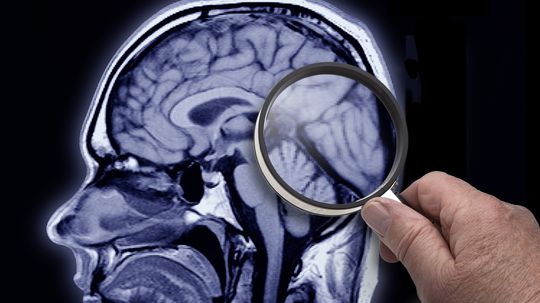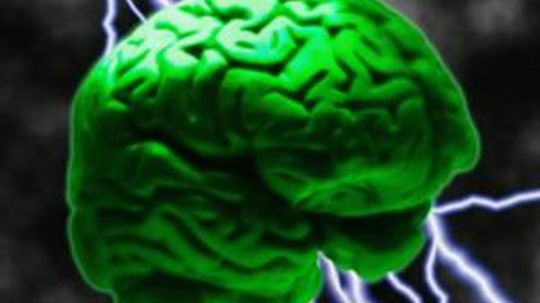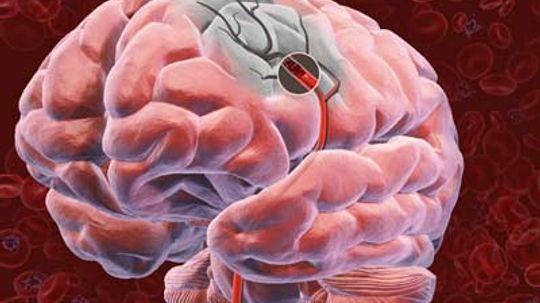Neurological Conditions
Neurological conditions can affect the brain, eyes or nervous system. Explore amnesia, Alzheimer's, comas and more.

Youngest Child Syndrome: The Perks and Challenges of Being the Baby of the Family

Only Child Syndrome: What It Is, Myths, and Facts

Unlocking the Mysteries of Seeing Dead Loved Ones in Dreams

How Living in Total Darkness Sabotages Your Sleep

What Causes Nightmares, and How Can You Lessen Them?

Ultra-processed Foods Are Addictive by Same Criteria as Tobacco

When Does Belief in a Conspiracy Theory Like QAnon Tip Into Addiction?

HowStuffWorks: What is Jessie's Law?

For 64 Percent of Kids with ADHD, Food is the Cause

Can food allergies cause ADHD?

ADHD Overview
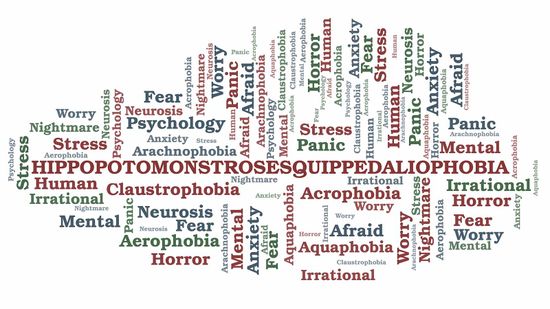
Do You Have a Fear of Long Words?

Trypanophobia: When the Fear of Needles Has You Stuck

Thalassophobia: Do You Fear the Deep Ocean?

What is the autism diet?
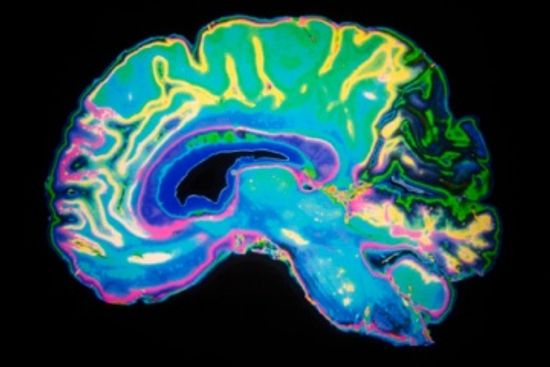
Autism Causes

Autism Language Difficulties

3 Key Steps to Finding the Right Therapist for You
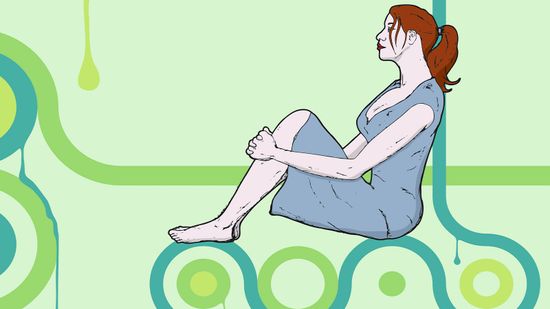
How Maladaptive Daydreaming Can Take Over Your Life

STUG: When Grief Hits Like a Bolt Out of the Blue

Lifelike Robo Pets Help Seniors Combat Loneliness

Insights on Alzheimer's From the Long-running Nun Study

Is there a link between concussions and dementia?

Youth Suicides Rose After FDA Added Antidepressant Warnings

Here's How You Help a Friend With Depression

'Gloomy Sunday:' The Song Linked to More Than 100 Suicides

Picky Eating in Adults Is a Diagnosable Disorder — Really

5 Signs of Weight Obsession

10 Facts About Eating Disorders

What's the Difference Between a Sociopath and a Psychopath?

Digital Hoarding Could Be Harmful to Your Mental Health

Which Jobs Have the Highest Suicide Rates?

How Sigmund Freud Worked

Freud, Sigmund
Learn More
Your brain is your best friend — until it decides to go rogue. And that's pretty much what happens with demon face syndrome, aka prosopometamorphopsia, aka PMO.
Some people really can hear silent moving images. It's called visual-evoked auditory response, or vEAR, and one in five people may have it.
A rare neurological disorder called Witzelsucht turns joking, punning and making inappropriate wisecracks into a compulsion.
Advertisement
Stuttering is linked to a disconnection between language processing and motor function, but its true cause is still unknown.
By Oisin Curran
Are patients actually developing a foreign accent, or has something else gone haywire?
By Oisin Curran
If you felt slightly ill after watching "Star Wars: The Force Awakens" in 3-D, you weren't alone. Although motion sickness is very common, scientists don't really know why we get it.
Conditions such as Parkinson's disease, muscular dystrophy and cerebral palsy are familiar to most people. But what do you know about pheochromocytomas? Or ataxia? We're covering five lesser-known neurological conditions.
Advertisement
My brother and I were watching a television show and a character got bonked really hard on the head. All of a sudden the guy couldn't remember a thing -- not his name, where he lived or even the lady he was married to. What happened? Is this amnesia?
Cerebral edema is a condition where the brain's water content increases, causing the pressure inside the skull to rise. Learn more about cerebral edema from this article.
When you're aboard a ship, you become accustomed to the feeling of the floor tilting and rocking beneath your feet. But what if that sensation stayed with you on dry land -- for years?
The writers that crafted Alice and her wonderland, Tiny Tim and the brothers Karamazov had something in common besides extraordinary talent: epilepsy. Do seizures and novels go hand in hand?
Advertisement
A little forgetfulness is normal, but what about when a person can no longer remember the names of their family members? For those with Alzheimer's and the people who love them, debilitating memory loss is a sad fact of everyday life.
You can liken seizures to electrical storms or traffic jams in the brain, but what do those seizures do to the rest of the body? Do epileptics swallow their tongues? Epilepsy affects 50 million people worldwide, but most people don't know much about it.
People with a condition that affects the brain will most likely see a specialist called a neurologist. Check out what we have found on how to ask the right questions for finding a brain specialist.
Strokes are the third leading cause of death in the United States and the leading cause of permanent disability. More than half of all strokes could be prevented. Are you at risk?
Advertisement
People blame a lot of things on the full moon, including an increase in the rate of seizures among those with epilepsy. But is it really true, or just a sort of superstitious lunacy?
By Alia Hoyt
You may think you know what Tourette syndrome is, but throw out what you think you know. Tourette's patients are not constantly twitching and belting out obscenities.
Oh that queasy feeling, when the world just won't stop swaying or bobbing. No matter what the mode of transport, the result can be motion sickness. Learn tips to help avoid this uncomfortable state.
Dyslexia is a learning disorder that makes reading difficult or nearly impossible for some. How does this condition affect the brain?







